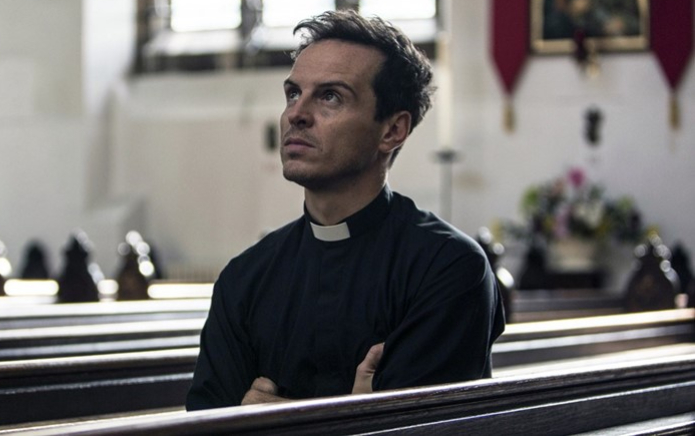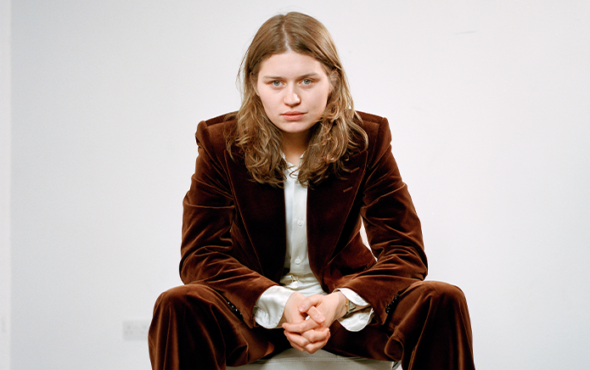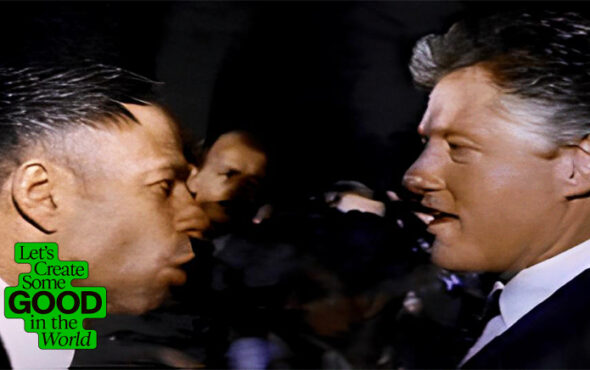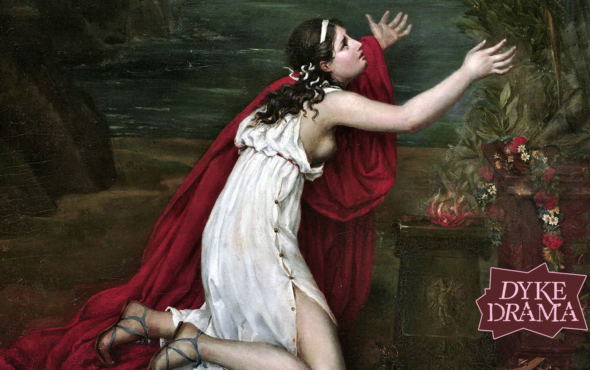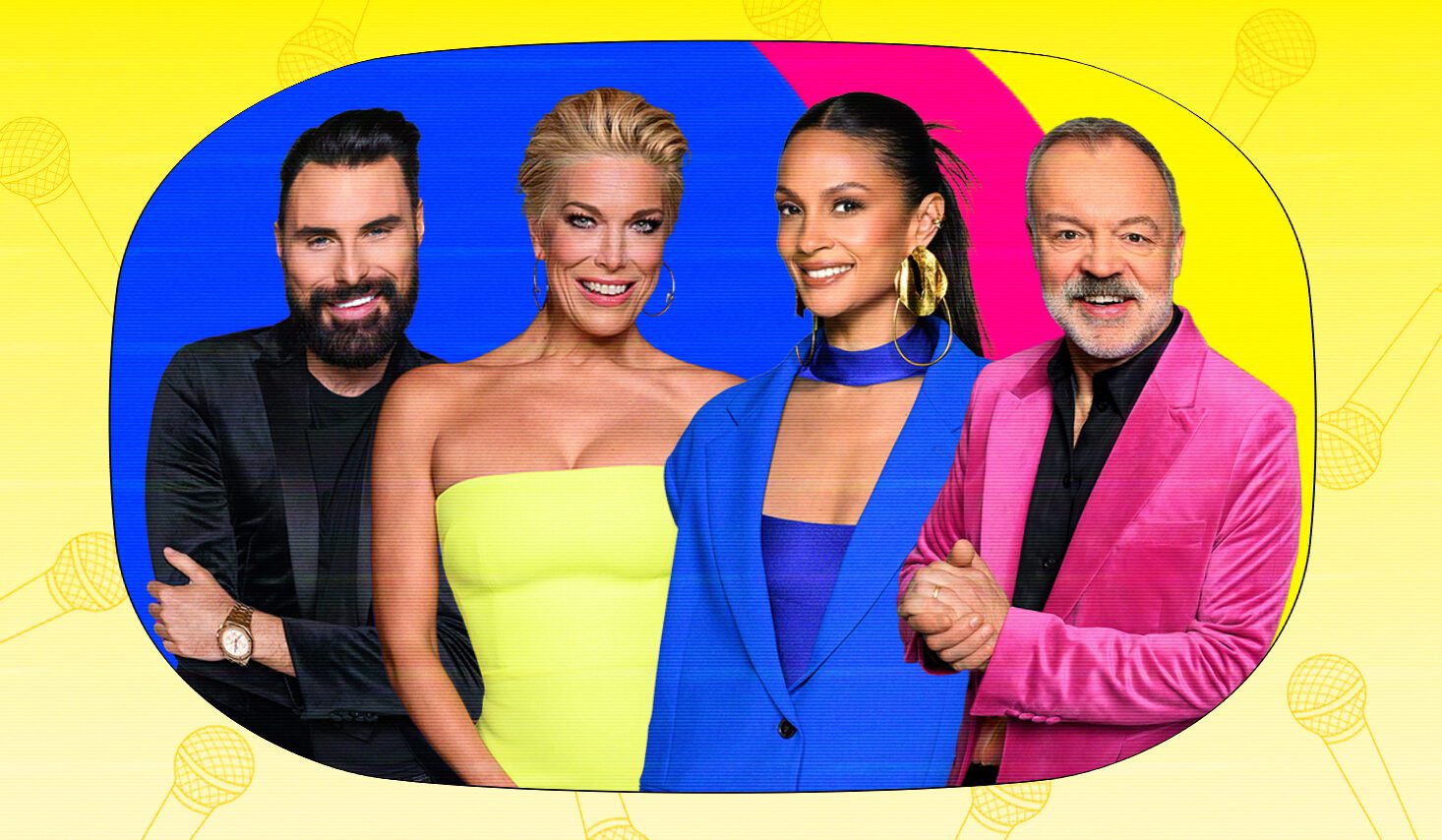
The campest celebration of pop returns this year with Eurovision. Read ahead for everything you need to know about the 2023 contest, from where it will take place, which countries are taking part and who is the current favourite to win.
Who won last year?
Ukraine won the 2022 Eurovision Song Contest with Kalush Orchestra’s alternative hip-hop and folk track Stefania, becoming the first rap song – as well as the first song sung entirely in Ukranian – to win. It received 631 points with 439 coming from the televote – the most televoting points in the contest’s history.
With his pop anthem Space Man, Sam Ryder finished first in the jury vote and came second overall – becoming the highest-charting entry for the UK since Gina G’s camp pop classic Ooh Ahh… Just a Little Bit in 1996.
Why isn’t it being held in Ukraine?
Traditionally, the winning country hosts the Eurovision the following year. As a result of Russian’s ongoing invasion of Ukraine, however, the country was unable to meet the demands of hosting the event due to security concerns.
Where will it take place?
As the runner-up, the United Kingdom was chosen to host the 2023 Eurovision Song Contest in Liverpool at the Liverpool Arena.
After Liverpool was announced as the host city, Eurovision’s Executive Supervisor, Martin Österdahl, said in a statement: “Liverpool is the ideal place to host the 67th Eurovision Song Contest on behalf of Ukraine. The city is synonymous with music, and Liverpool Arena exceeds all the requirements needed to stage a global event of this scale.
“We have been very impressed with the passion the city has shown in embracing the contest and their inclusive ideas for placing last year’s winners, Ukraine, front and centre when thousands of fans visit next May.”
Although Eurovision will take place in the UK, Claire McColgan, the director of Culture Liverpool, explained that it’s still Ukraine’s “party”: “This is a very different Eurovision, which is why we’re so excited and keen to do this, because we know we can do the best show for Ukraine because that’s who this is for.”
Kalush Orchestra also shared their excitement, adding: “Playing in the same place that The Beatles started out will be a moment we’ll never forget! Although we are sad that next year’s competition cannot take place in our homeland, we know that the people of Liverpool will be warm hosts, and the organisers will be able to add a real Ukrainian flavour to Eurovision 2023 in this city.”
Which countries are taking part?
There will be 37 countries taking part in the Eurovision Song Contest this year – three less than 2022 as a result of Bulgaria, Montenegro and North Macedonia choosing not to enter.
Thirty-one countries will compete in two semi-finals in their bid to join the ‘Big Five’ countries, as well as reigning champions Ukraine, in the grand finale. Ten nations will progress from each semi-final.
Check out the running of each semi-final, and which song is representing each country, below.
Semi-final 1:
1) Norway – Alessandra, Queen of Kings
2) Malta – The Busker, Dance (Our Own Party)
3) Serbia – Luke Black, Samo mi se spava
4) Latvia – Sudden Lights, Aijā
5) Portugal – Mimicat, Ai coração
6) Ireland – Wild Youth, We Are One
7) Croatia – Let 3, Mama ŠČ!
8) Switzerland – Remo Forrer, Watergun
9) Israel – Noa Kirel, Unicorn
10) Moldova – Pasha Parfeni, Soarele si luna
11) Sweden – Loreen, Tattoo
12) Azerbaijan – TuralTuranX, Tell Me More
13) Czech Republic – Vesna, My Sister’s Crown
14) Netherlands – Mia Nicolai and Dion Cooper, Burning Daylight
15) Finland – Käärijä, Cha Cha Cha
Semi-final 2:
1) Denmark – Reiley, Breaking My Heart
2) Armenia – Brunette, Future Lover
3) Romania – Theodor Andrei, D.G.T (Off and On)
4) Estonia – Alika, Bridges
5) Belgium – Gustaph, Because of You
6) Cyprus – Andrew Lambrou, Break a Broken Heart
7) Iceland – Diljá, Power
8) Greece – Victor Vernicos, What They Say
9) Poland – Blanka, Solo
10) Slovenia – Joker Out, Carpe Diem
11) Georgia – Iru, Echo
12) San Marino – Piqued Jacks, Like an Animal
13) Austria – Teya and Salena, Who the Hell is Edgar?
14) Albania – Albina and Familja Kelmendi, Duje
15) Lithuania – Monika Linkytė, Stay
16) Australia- Voyager, Promise
Who are the ‘Big Five’?
The ‘Big Five’ are the countries who make the most financial contributions to the European Broadcasting Union, therefore they receive a pass to the final. The countries are as follows: France, Germany, Italy, Spain and the United Kingdom.
The artists and songs representing the aforementioned countries are as follows: La Zarra’s Évidemment (France), Lord of the Lost’s Blood & Glitter (Germany), Marco Mengoni’s Due vite (Italy), Blanca Paloma’s Eaea (Spain) and Mae Muller’s I Wrote a Song (UK).
Each year, the winning country joins the ‘Big Five’ in the final. Ukraine’s entry is Tvorchi with Heart of Steel.
Who is the UK’s entry?
Mae Muller, from London, is best known for featuring on Neiked’s 2021 nu-disco/funk anthem Better Days, which reached the top 40 in both the UK and U.S. and has been streamed over a billion times.
Her other credits include I Just Came to Dance, American Psycho (with Marshmello and Tripple Red) and Feels This Good (with Sigala, Caity Baser and Stefflon Don).
In a recent interview with GAY TIMES, Mae said it was important for her to create an infectious anthem that “everyone could bop and dance to” – particularly for the most passionate supporters of Eurovision: the LGBT’s.
“I know that within the gay community, you’re either gonna love it or hate it. So, I’m very happy that it’s being loved right now,” said Mae, who wrote the track with Lewis Thompson and Karen Poole.
“The support that has been shown has been so nice and I’ve always wanted my music and shows and everything I create to be a safe space. The fact that it’s resonating in that way makes me feel really good.
“I’ve been going down a rabbit hole watching YouTube reactions and it’s so funny because, before people listen to it, they’re like, ‘Ugh, what’s it gonna be?’ They hear it and they’re like, ‘Oh okay, maybe we have a bop?’”
You can read our full interview with Mae here.
Who is the favourite to win?
As of writing (26 April), Loreen is currently the hot favourite to win Eurovision with her track Tattoo. According to Betting Odds, Sweden is “priced at 10/11” with Paddy Power and various other betting sites, which implies “a 52% chance” that the country will triumph for the seventh time.
Loreen makes her comeback this year after conquering the 2012 competition with her with her lauded sing-along smasher and gay favourite Euphoria.
Widely regarded as one of the most iconic performances in the contest’s history, Loreen memorably received the second-highest number of points ever (at the time) and topped the charts in [insert ridiculous number here] countries around Europe.
If Loreen wins, she’ll be inducted into the Eurovision Hall of Fame as the second person – after Johnny Logan (who won for Ireland in both 1980 and 1987) – and first-ever female artist to win twice.
While the star doesn’t necessarily believe in “winning”, she told GAY TIMES that if Tattoo reigns supreme, it would “mean that [the world is] heading in the right direction” as a result of its universal themes of ‘strength and love’.
“I’m a representative of certain values and this effortless and positive energy,” she explained. “So for me, if I were to “win” – there’s no such thing – it would say a lot about that. Whatever exists in me, whatever I represent or present, if it resonates with you or other people then it’s because it exists within them. Period.”
Who are the hosts?
The grand finale will be hosted by Eurovision mainstay Graham Norton, Ukrainian singer Julia Sanina (of The HARDKISS), Emmy Award-winning Ted Lasso actress Hannah Waddingham and singer/television presenter/Mis-Teeq alum Alesha Dixon.
Additionally, Ukrainian broadcaster Timur Miroshnychenko will serve as the Eurovision Correspondent in Liverpool and will front the Opening Ceremony live stream with Liverpool’s own Sam Quek on Eurovision’s official YouTube channel.
Grand final commentary will be provided by Graham Norton and comedian/actress Mel Giedroyc on BBC One and BBC iPlayer in the UK. As for the semi-finals, Scott Mills and Rylan will bring “UK audiences their colourful and insightful commentary”.
“I’ve had the great pleasure of being involved with Eurovision in various ways over the years,” said Mills. “From commentating alongside Graham Norton to singing karaoke with the contestants but presenting from the Grand Final in Liverpool is the ultimate childhood dream come true.”
Rylan added: “Eurovision is my favourite time of the year, I cannot wait! And I’m so excited and absolutely buzzing to be hosting the Eurovision Grand Final on Radio 2, the biggest and best music event in the world, with my partner-in-crime Scott Mills.”
Kate Phillips, BBC’s Director of Unscripted, said of the line-up: “The BBC is thrilled to have such a talented line-up bringing the Eurovision Song Contest from Liverpool – on behalf of Ukraine – to the world.
“One thing that truly unites us all is music, and we’re proud to have a team – who are well accustomed to the worlds of music, performing and live broadcasting – as part of our Eurovision presenting family.
“It will be a remarkable moment for the BBC to deliver two huge pinnacles in this year’s broadcasting calendar, the King’s Coronation and Eurovision, within the same week.”
Where and when can I watch Eurovision?
The grand final takes places on Saturday 13 May, while the two semi-finals will air on Tuesday 9 May and Thursday 11 May. In the UK, Eurovision will stream on BBC One and BBC iPlayer.
This article will be updated over time.
